
Buy the Wisdom with Money, and Buy the Kingdom with Wisdom
Buy the Wisdom with Money, and Buy the Kingdom with Wisdom
Read this storyStorytelling Session Details
Storyteller: Unknown
Language: Arabic
Story Researcher: Ali Majok
Place: Renk
Community: Dinka Abialang
Date: 2016
There was a young man called Akuei. He was a good-hearted man and very helpful to the elderly and children. He lived with his father and grandmother. Their livelihood depended on what they produced from the farm which they owned.
After a time, the climate changed and the water source they used to irrigate the farm lessened and then completely dried up. The crop dried as a result and they couldn’t find anything to eat. Akuei suggested to his father that they should travel north to get a job. He traveled north and stayed for three months without getting any work.
When he came back, he found that his father had died. His grandmother told him that things were so difficult that they would have to sell the farm. Akuei agreed and they sold the farm for three cows. He left one cow to his grandmother and took the other two cows with him.
He traveled until he found a man sitting alone.
The old man said, “I sell wisdom!”
Akuei was surprised and asked the man, “What are you doing here in this distant place?”
The old man said, “I sell wisdom!”
Akuei asked, “Can I buy from you? And how much is one wisdom?”
The old man said, “Wisdom is expensive. The price for one wisdom is one cow.”
Akuei requested him to sell him one wisdom. The old man said “Leave what you left behind and don’t regret.”
Akuei listened and said, “This is a good wisdom.” Then he gave the old man the other cow and said, “Give me another wisdom.”
The old man said “If a needy person asks you for help, help him, no matter what your situation is.”
Akuei said, “This is what my father used to tell me and now you confirmed that for me.”
Akuei thought for a while and remembered the first wisdom of the old man,
‘Leave what you left behind and don’t regret.’
Akuei left the two cows for the old man and kept traveling and looking for work until he reached a big village. The people of the village received him well and took him to the king. The king welcomed him and asked him about his name. He said, “My name is Akuei and my village is far from your village. I left my village looking for work.”
The king said to him, “You found what you have been looking for. You only have to irrigate this farm early in the morning, before the cocks start crying.” Akuei became so happy and early in the morning, before the cocks cried, he went and started to irrigate the farm. When he finished by mid-day, the land started shaking and a big Jinn came out and caught Akuei from his hand and took him to a nearby cave.
When they reached the cave, the Jinn asked Akuei, “What can you see?”
Akuei said, “I see skulls and bones of dead people.”
The Jinn said, “This is going to be your fate unless you pass the test.” He called, and two girls came. One was very beautiful and passed by him and stood far from him. The other one stood beside him, but she was so ugly.
The Jinn said to Akuei that he should choose one of the girls as a wife. Akuei thought for a while and remembered the first wisdom of the old man, ‘Leave what you left behind and don’t regret.’ Akuei told the Jinn that he wanted the one beside him. The Jinn asked, “Why are you leaving the beautiful one and choosing the ugly one?”
Akuei answered that the beautiful one never cared about him and didn’t have interest in him. That is why he chose the one who chose him and stood near him.
The Jinn laughed and said, “You passed the test! All the other dead men chose the one which seemed beautiful to them. The one which you chose is more beautiful.”
When Akuei looked at her, he found it was true; she looked so beautiful.
The Jinn blessed Akuei’s marriage and told him, “Keep working on the farm with the king without fear. Because the people of the village know that whoever comes to irrigate the farm never goes back again because I will kill them. The marriage will be in a week’s time. Ask the king to come with you.” The Jinn went with his two daughters and Akuei went back to his house.
Akuei remembered the wisdom of the old man:
‘If a needy person asks you for help, help him, no matter what your situation is.’
The next day, when the sun came up and the village people saw Akuei and that nothing had happened to him, they were astonished and told the king. The king became so happy because at last he had found one who will irrigate the farm regularly. The farm started to produce a lot of fruits and vegetables. The king brought Akuei closer and went to his marriage and then all came back home together with the wife of Akuei, the daughter of the Jinn, who gave birth to many children. But the sons of the king became jealous of Akuei for fear that the king might favour Akuei and make him the heir to the kingdom. So they began to plot to get rid of Akuei.
One day the king became angry with one of his son-in-laws because he found out that he was a dishonest man. The king decided he wanted to kill him. But he was afraid that the people would say that the king had killed the husband of their daughters. When the king told his elder son, who happened to despise Akuei, his son told him, “This is so easy! You just write a letter to your neighbour king asking him to kill the carrier of this letter and then give the letter to your son-in-law to deliver.’ The king became so happy and wrote the letter immediately and gave it to his son-in-law to deliver. But the elder son told his brother-in-law what was in the letter and advised him
to leave the city. Then he took the letter and gave it to Akuei and told him that the king wanted him, and the guards, to deliver the letter to his friend the neighbouring king, in the shortest possible time.
Akuei took the letter and left the town with the guards. On their way they found a lot of men, women, and children running and asking to be rescued from a hungry lion. The guards refused to help them but Akuei remembered the wisdom of the old man: ‘If a needy person asks you for help, help him, no matter what your situation is.’ He said to the guards, “Go with the letter to the king and I will help these people and kill the lion.” So the guards took the letter and went to deliver it to the king’s friend. When the friend of the king read the letter, he immediately ordered the killing of the one who delivered the letter. When the other guards returned, they found that Akuei had killed the lion. When he asked them where the other guard was they told him what happened, so he realised the plot. Akuei returned to the city with the guards. The king knew what his elder son had done and that increased his sickness. He chose Akuei as the next king. The king died and Akuei became a king and ruled with justice and wisdom.
Reflections:
1)
2)
Folktales Collected in Renk
Folktales Collected in Pibor
Folktales Collected in Bentiu
Folktales Collected in UNMISS PoC site, Juba
Explore the full archive

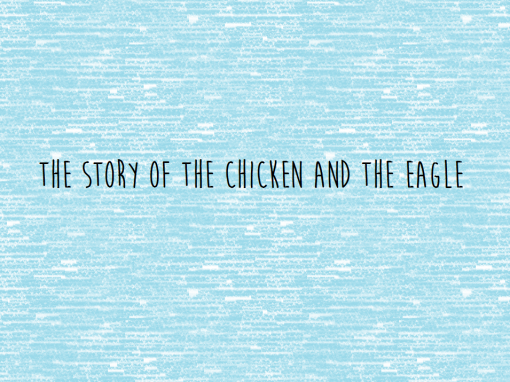



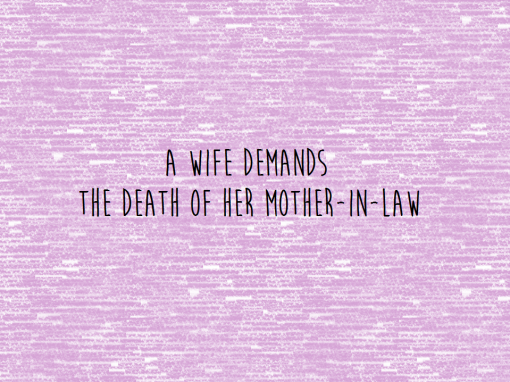

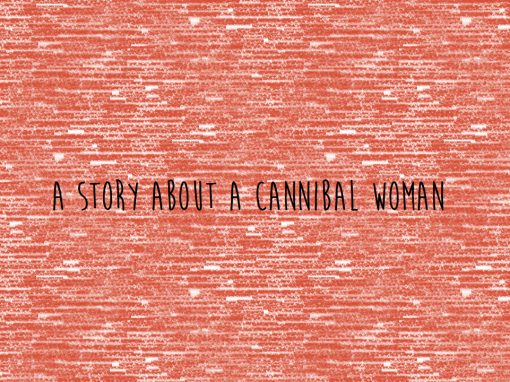

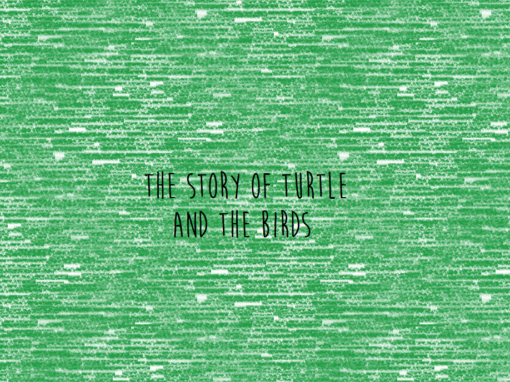
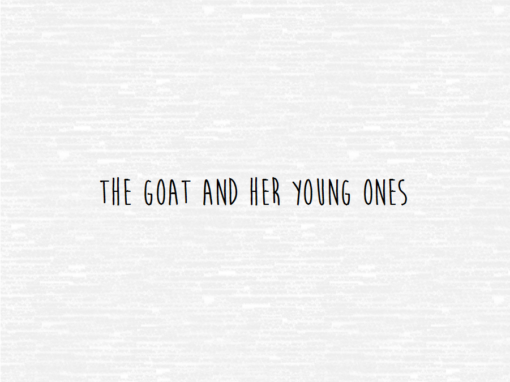

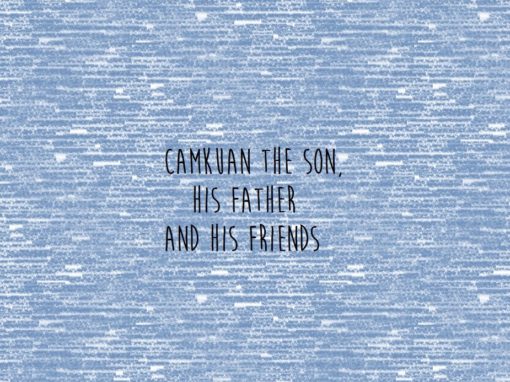

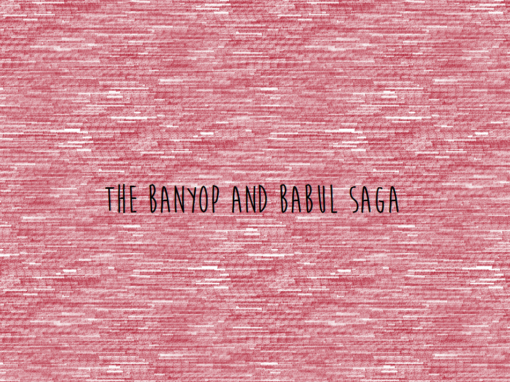
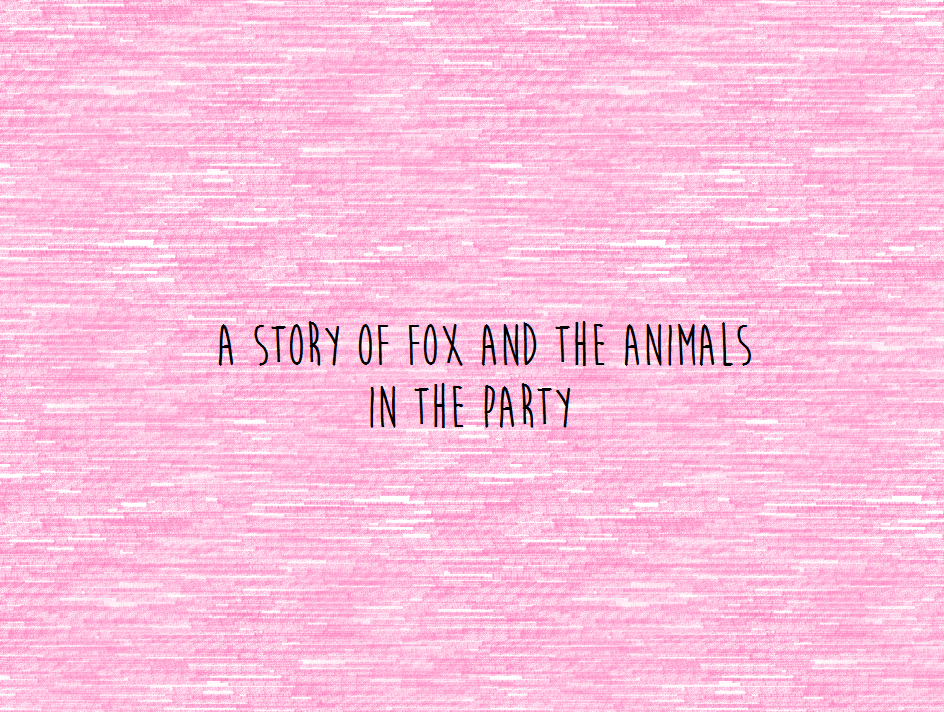


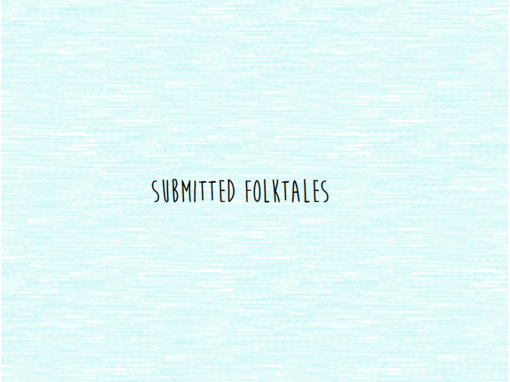
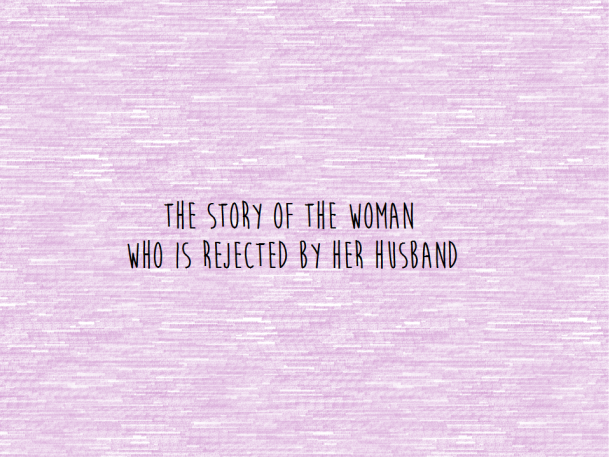

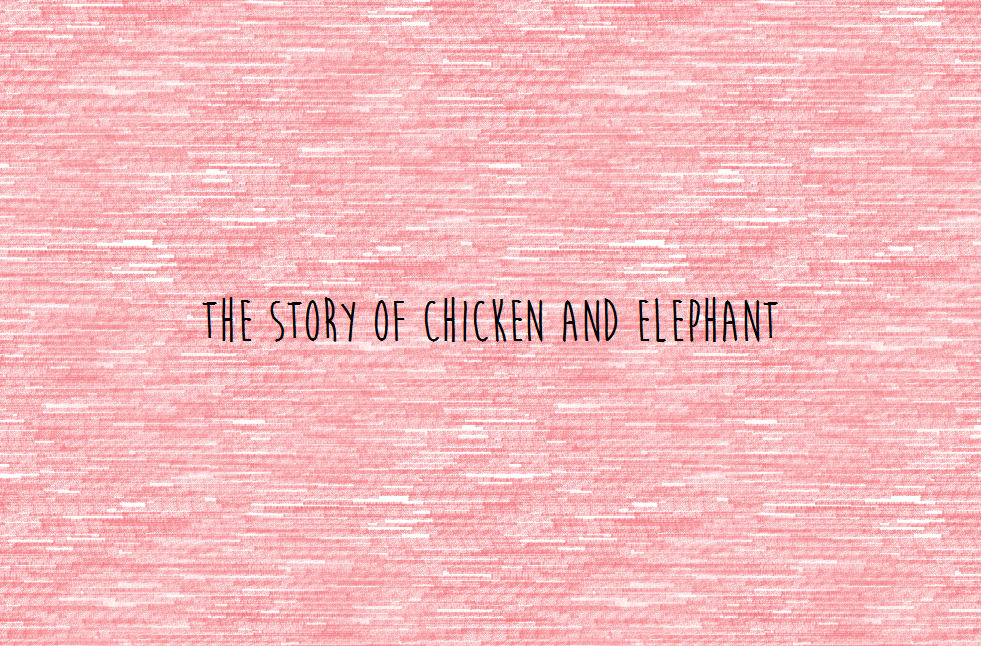
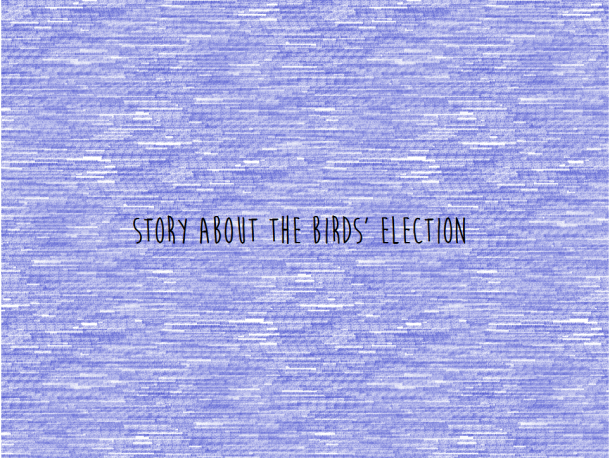
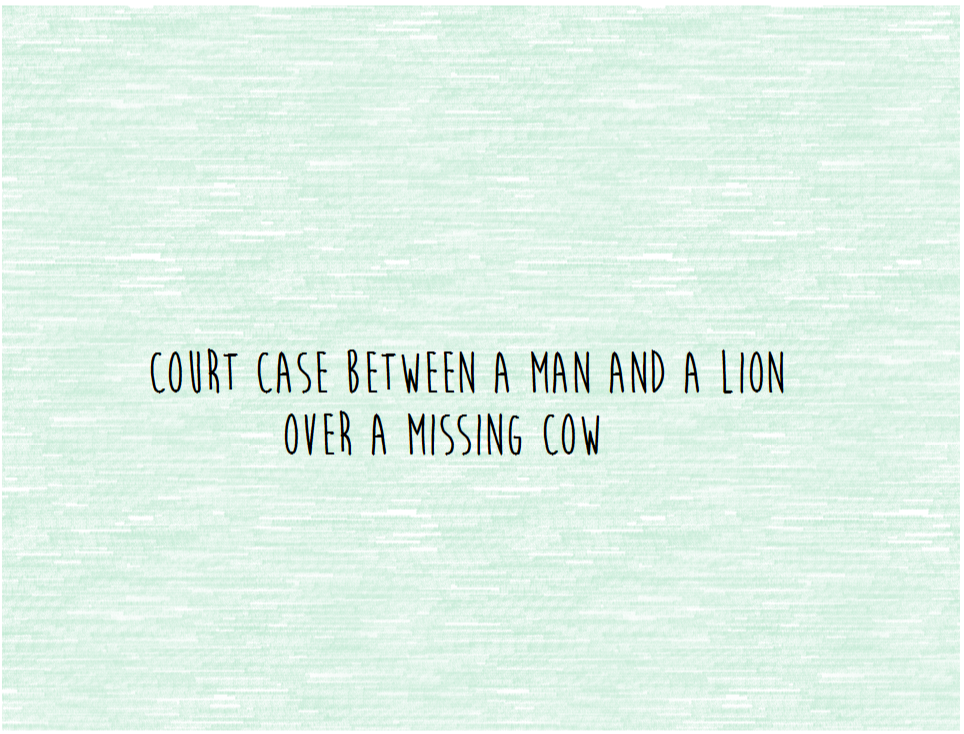
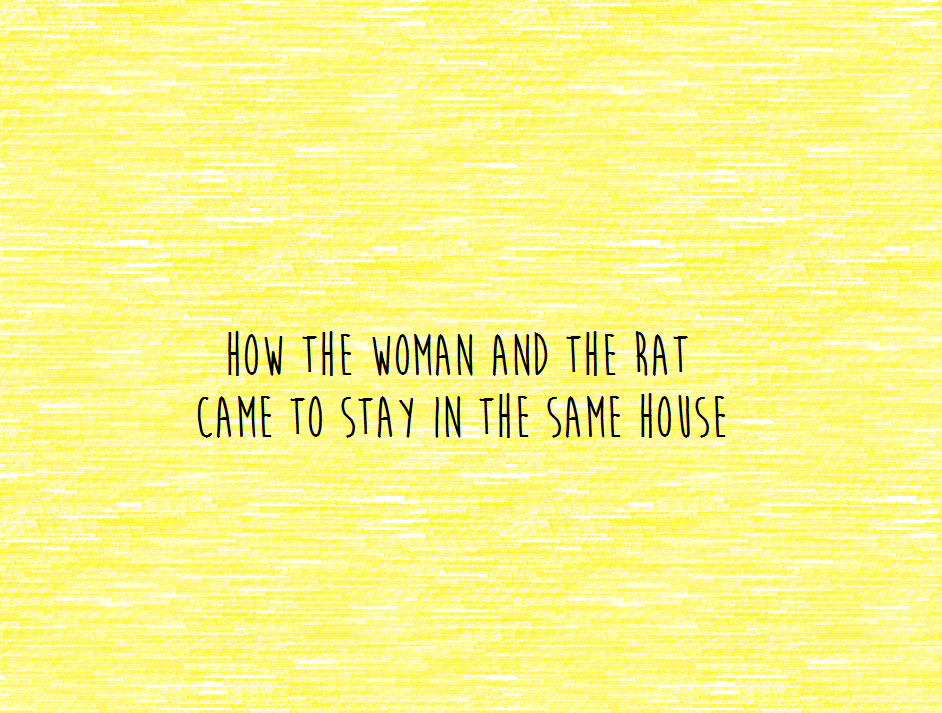
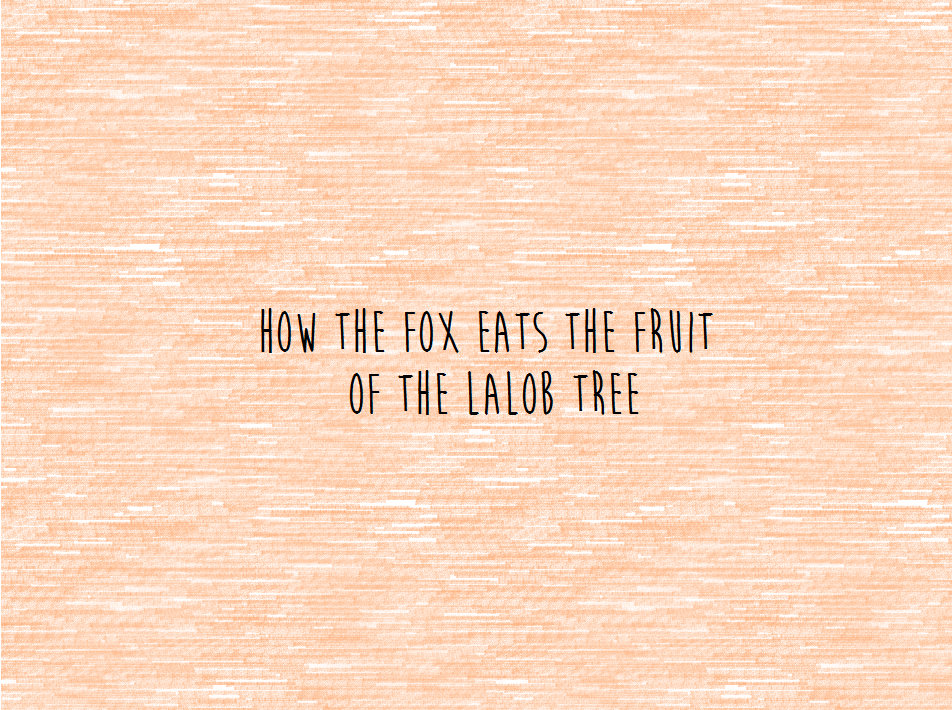
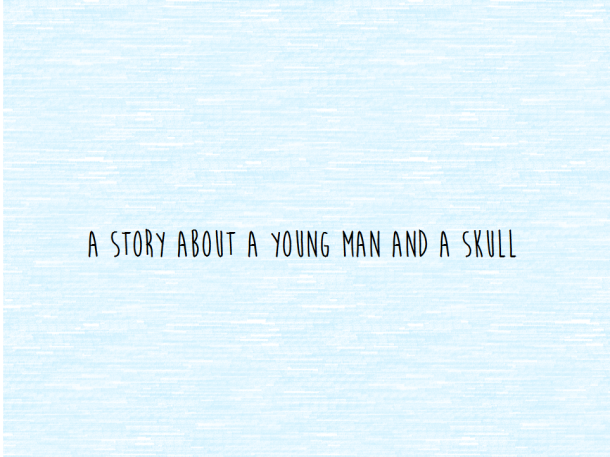

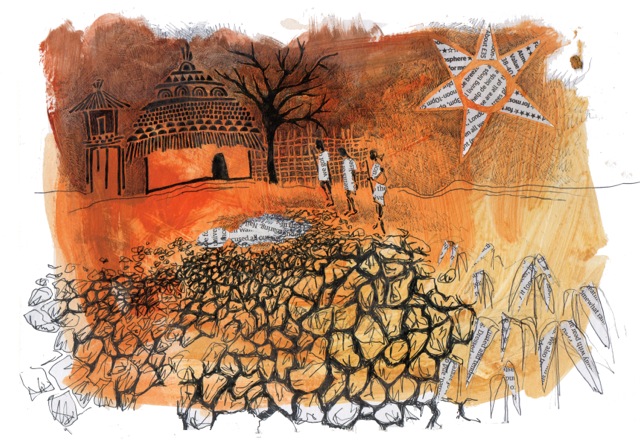


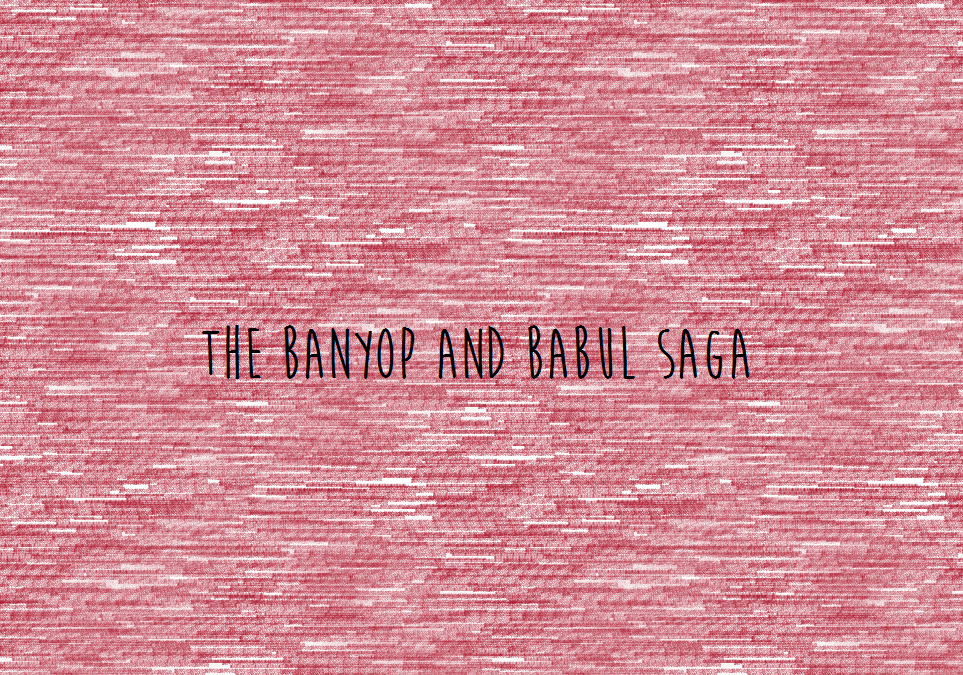
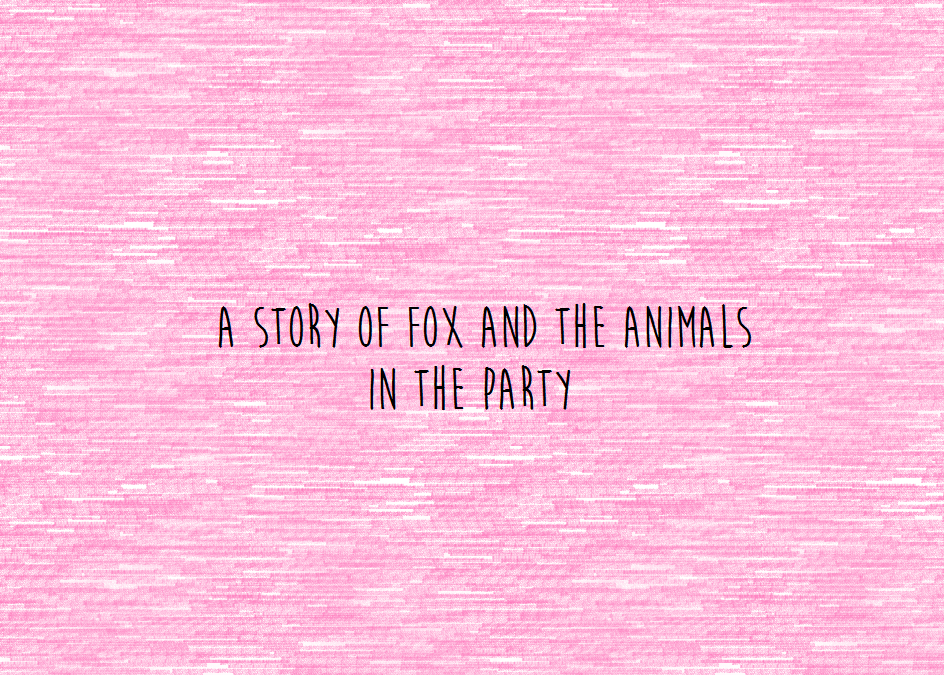


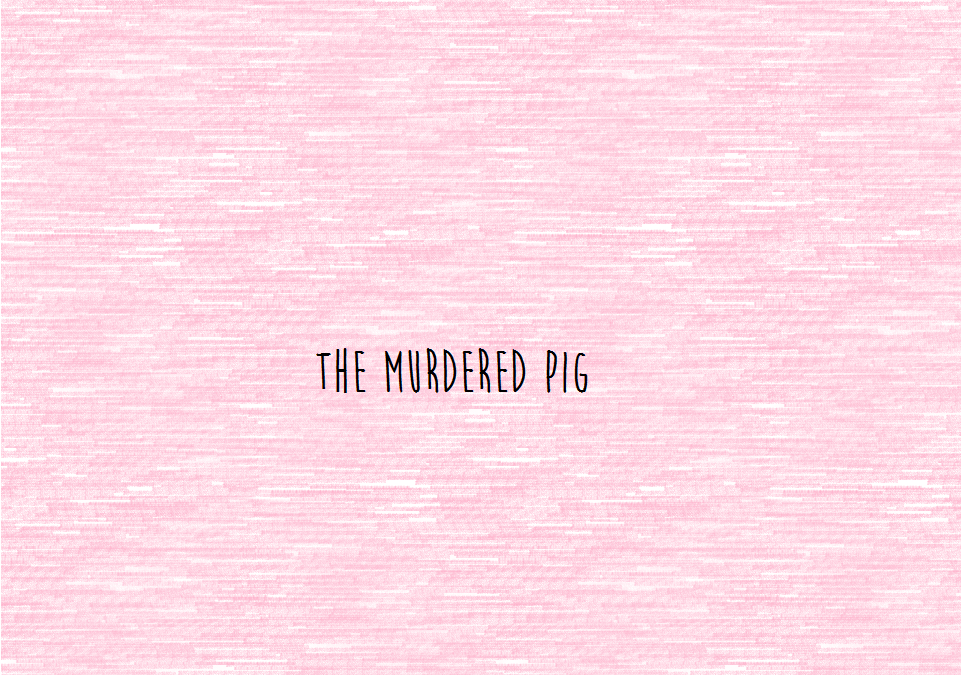
Recent Comments